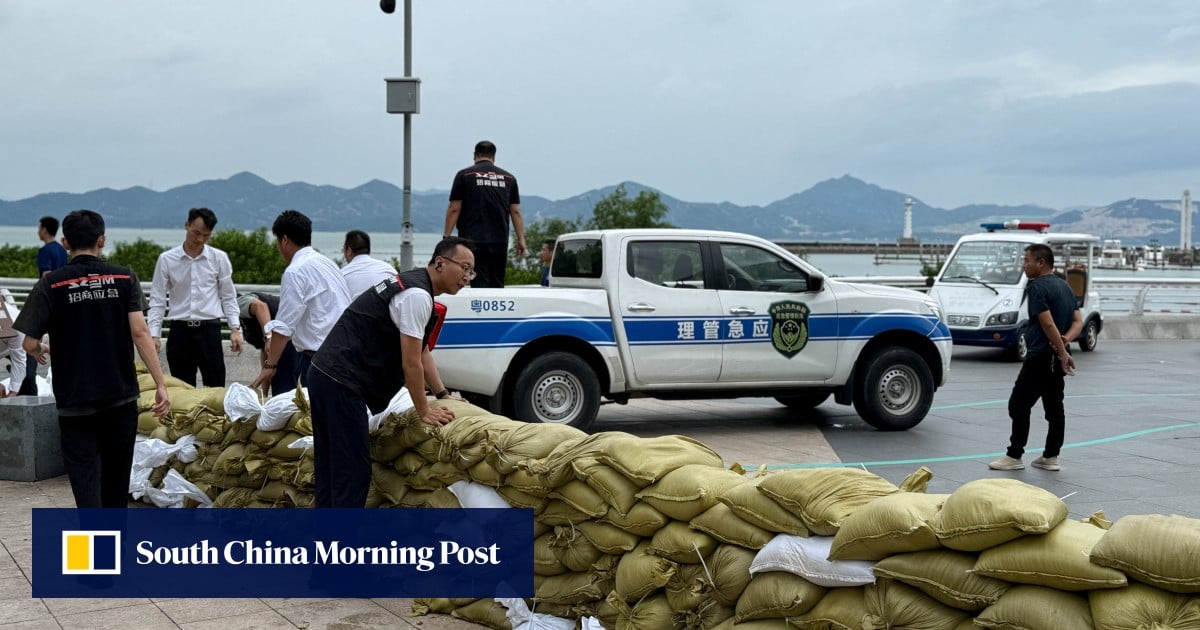
When heavy rains raged across northern China this summer, Datong, a city in Shanxi province perhaps best known as the home of the Yungang Grottoes World Heritage site, escaped disaster despite almost 20 hours of upstream flood discharges.
Advertisement
Residents said it was saved thanks to the work of former mayor Geng Yanbo, who spearheaded a project to widen the city’s main waterway and reinforce its banks during his time in office more than 15 years ago.
“So many people were forced to relocate because of the project, and back then many considered it a waste because the city normally had very little rainfall,” said Wu Xiuxiang, a guest house operator in Datong. “Now they realise how crucial it is.”
“[Such investment] can not only improve the resilience of cities in the medium term, but also serves as an effective measure to stimulate the economy in the short term,” said Su Yue, principal economist for China at the Economist Intelligence Unit.
Advertisement
One example she cited was the extra 1 trillion yuan (US$140.56 billion) in sovereign debt Beijing issued towards the end of 2023 to support reconstruction and improve disaster prevention and relief capabilities.

